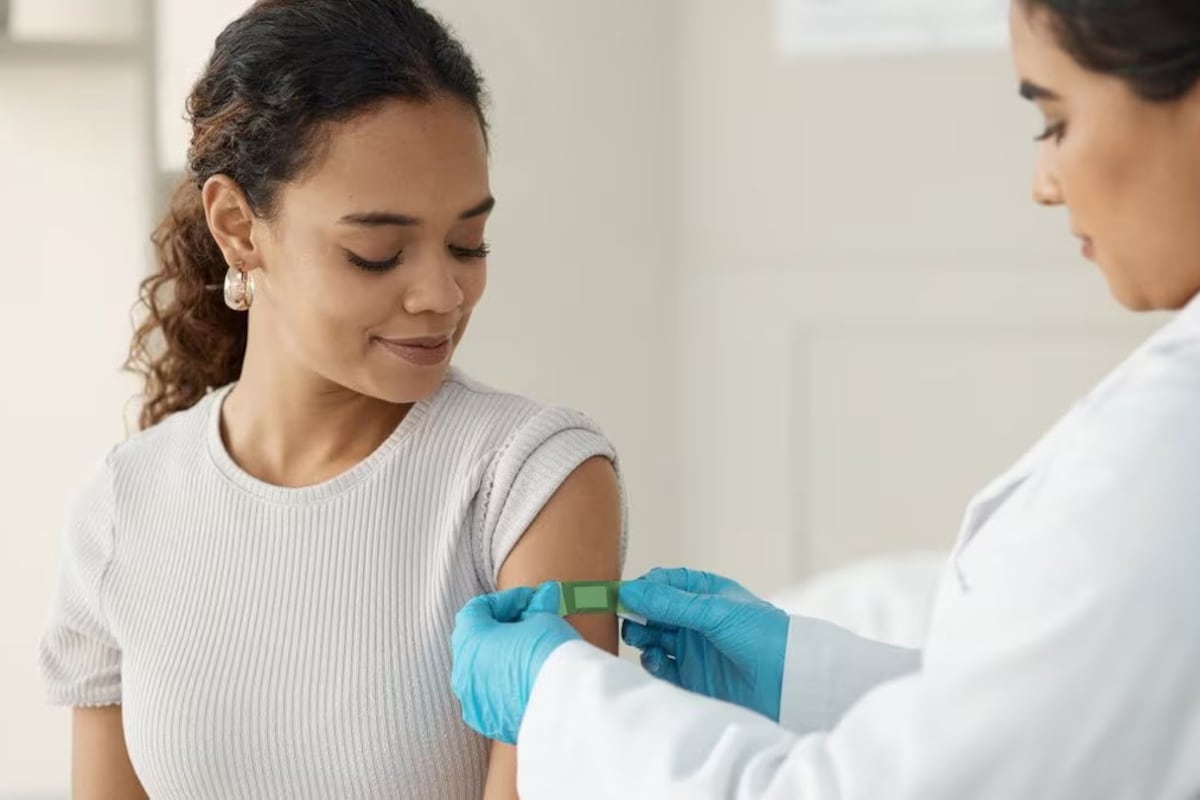Public health, explained: Sign up to receive Healthbeat’s free Atlanta newsletter here.
After months of rapid respiratory disease spread and sickness, Georgia and Atlanta cases of Covid-19, flu, or RSV appear to be declining from their respective winter peaks.
As of the first week in March, state hospitalizations for any of the three common viruses have continued to decrease dramatically since early February, according to data from the Centers for Disease Control and Prevention. The change is largely driven by lower in-patient stays for flu and RSV, which saw high spikes earlier in winter.
Additionally, the percentage of state heath care visits for flu-like sickness was lower than it has been since mid-November. Covid and RSV’s Georgia wastewater levels, which can help predict future hospital visits for infectious diseases, have also largely receded from measures taken earlier this winter.
In December, scientists with the federal health agency predicted that the upcoming health care burden of these three diseases would be similar to or lower than the previous winter’s numbers. So far, that forecast has largely come true
But there are some measures of this winter’s respiratory season that have surpassed last year’s severity. Since October, there have been 104 Georgia flu deaths, according to the state’s Department of Public Health.
That’s more than twice the Georgia death toll as there was in the same period last year, although CDC data indicates the number of fatal Georgia Covid cases this season is likely lower than any winter since 2020.
And Atlanta health professionals have warned residents that there could be another respiratory disease surge at a nontraditional time, such as the summer. That’s why many have continued to advocate for Georgians who have yet to get vaccinated for Covid-19 and flu to seek immunization against the diseases.
In an early March CDC survey, the agency estimated that about 37% of adults and 47% of children in Georgia had received flu shots this season, and only 9% of kids and 15% of adults in the state have been vaccinated against Covid-19. The same surveys estimated that the national averages are higher than Georgia’s except for pediatric flu vaccinations, which are similar.
Allen Siegler is a reporter covering public health in Atlanta for Healthbeat. Contact Allen at asiegler@healthbeat.org.







